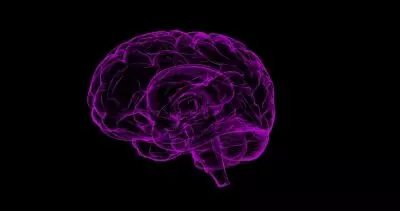
Brain connectivity, memory in elderly may be improved by walking: Study
text_fieldsNew York: A new study adds to the mounting evidence that regular exercise can delay the onset of Alzheimer's disease by strengthening connections within and between brain networks.
The study, which was published in the Journal for Alzheimer's Disease Reports, compared older adults with normal brain function to those who had been diagnosed with mild cognitive impairment, which is a condition that causes a gradual decline in mental abilities like memory, reasoning, and judgement and is a risk factor for Alzheimer's.
"Historically, the brain networks we studied in this research show deterioration over time in people with mild cognitive impairment and Alzheimer's disease," said principal investigator J. Carson Smith, a kinesiology professor at the University of Maryland School of Public Health.
"They become disconnected, and as a result, people lose their ability to think clearly and remember things. We're demonstrating that exercise training strengthens these connections," Smith said.
The study builds upon Smith's previous research, which showed how walking may decrease cerebral blood flow and improve brain function in older adults with mild cognitive impairment.
Thirty-three participants, who ranged between 71 and 85 years old, walked while supervised on a treadmill four days a week for 12 weeks.
Before and after this exercise regimen, researchers asked participants to read a short story and then repeat it out loud with as many details as possible.
Participants also underwent functional magnetic resonance imaging (fMRI) so researchers could measure changes in communication within and between brain networks that control cognitive function.
After 12 weeks of exercise, researchers repeated the tests and saw significant improvements in participants' story recall abilities.
"The brain activity was stronger and more synchronised, demonstrating exercise actually can induce the brain's ability to change and adapt," Smith said.
"These results provide even more hope that exercise may be useful as a way to prevent or help stabilise people with mild cognitive impairment and maybe, over the long term, delay their conversion to Alzheimer's dementia."
With inputs from IANS

















